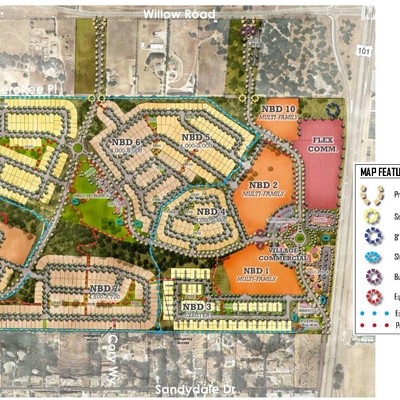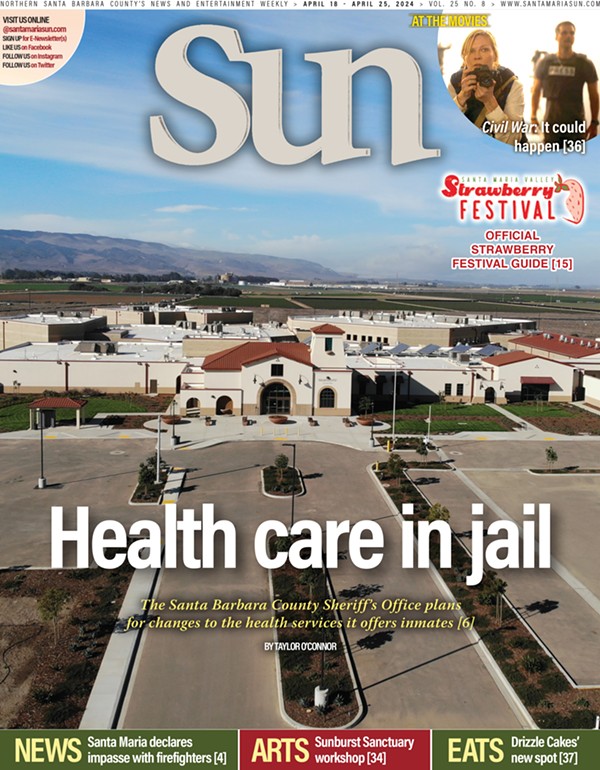On Feb. 3, California’s secretary of state certified that oil companies got enough petition signatures to cancel the state’s oil well health and safety setbacks law until a referendum vote on the Nov. 5, 2024, ballot.
Or, as state Sen. Lena Gonzalez (D-Long Beach), author of the bill that was going to become a law on Jan. 1 until the oil companies decided otherwise, tweeted: “Health protection zones for oil drilling overturned today! Why? Because … Big Oil.” She tweeted that the industry “paid people $20/signature to lie,” lied about protecting people, and “continues to pollute our communities.”
The industry-backed petition will put a measure on the 2024 ballot calling to repeal the law prohibiting new oil operations within 3,200 feet of human habitation (“Big oil can only get you to reverse state law by lying,” New Times, Dec. 15). The law also established strict engineering controls for existing operations.
Senate Bill 1137 was voted into law by the state Legislature last year, based on numerous studies linking oil well operations within 3,200 feet of homes, schools, parks, etc., with an increased risk of respiratory illnesses, high-risk pregnancies, and cancer. This is also an issue of long-standing environmental racism, as people of color are at the highest risk.
That law is now suspended pending the outcome of the 2024 elections, thanks to the $18 million the oil industry spent on the effort to get signatures on those petitions. In other words, look for a whole lot of drilling permit applications to come down the pike over the next two years that will be close to homes, hospitals, and schools.
Feb. 3 was the day the will of the people, as expressed by their elected officials with the passage of SB 1137, was overturned by oil money to buy the industry two more years of maximum profits at maximum cost to our health.
That day should serve as the last straw.
Remember the Refugio Beach oil spill, courtesy of the corroded Plains All American Pipeline? Remember Exxon’s proposed solution to the ruptured pipeline? Just load the stuff into oil tankers and run it up the coast to Santa Maria, make a right, and bomb across Highway 166, past the Twitchell Reservoir and all the way through the Cuyama River watershed. The Santa Barbara County Board of Supervisors gave a well-deserved thumbs down to that plan.
Exxon sued to overturn that decision and is seeking approval of the addition of safety valves to the pipeline—i.e., the safety shutoff measure that it should have had in the first place—to reactivate the moribund pipeline. In the words of Katie Davis, chair of the Sierra Club’s Santa Barbara-Ventura chapter:
“The pipeline is unsafe to operate due to the way it is constructed and Plains’ failure to maintain it. For instance, it was badly corroded. At the criminal sentencing hearing after Plains was convicted for negligence, the prosecutor tried to prohibit Plains from restarting or even threatening to restart this particular pipeline. Exxon and Plains agreed that the pipeline is unsafe and impossible to fix, which is why they proposed trucking the oil and building a new pipeline instead. Now Exxon is transferring ownership to avoid liability, and that company says they want to restart the damaged pipeline this year. The application to add valves does not consider the impacts of restarting the pipeline, oil production from their offshore platforms, oil processing plants, etc.”
And if that’s not enough for you, here’s just one example from the oil industry’s long history of creative engagement with our state Legislature: In 2014, legislators tried to pass Senate Bill 1096, which would have closed a loophole that allowed offshore rigs in federal waters to stick their straws into state waters off Santa Barbara. SB 1096 was killed in the state Assembly by oil industry lobbyists. After the vote, the LA Times reported, “Lawmakers who spoke in opposition said they saw no need to change current procedures.” Nine months later, the Refugio oil spill dumped 20,000 gallons off Santa Barbara and Ventura. Three months later, Senate Bill 788, attempting to close the same loophole, died in committee.
Whether it’s human health, environmental degradation, or larger and more frequent wildfires, all fingers point to the ongoing extraction of California’s notoriously dirty, high-carbon oil and the oil industry’s long history of stamping out measures designed to curb the damage done by its product.
That’s why the Sierra Club has joined with the good folks at the Last Chance Alliance, a network of environmental, health, justice, faith, labor, community, parent, and consumer organizations formed to address the ongoing climate, health, and environmental justice emergency caused by the oil and gas industry in California. If you can get behind that sentiment, feel free to commemorate Feb. 3 by going to fuelingtheflames.org and signing on.
And even though that referendum has qualified for the ballot, it is still within the state’s regulatory authority to make a rule that would implement the setbacks buffer zone. Paging Gov. Gavin Newsom … .
Andrew Christie is the director of the Santa Lucia Chapter of the Sierra Club. Respond with a letter to the editor emailed to [email protected].









